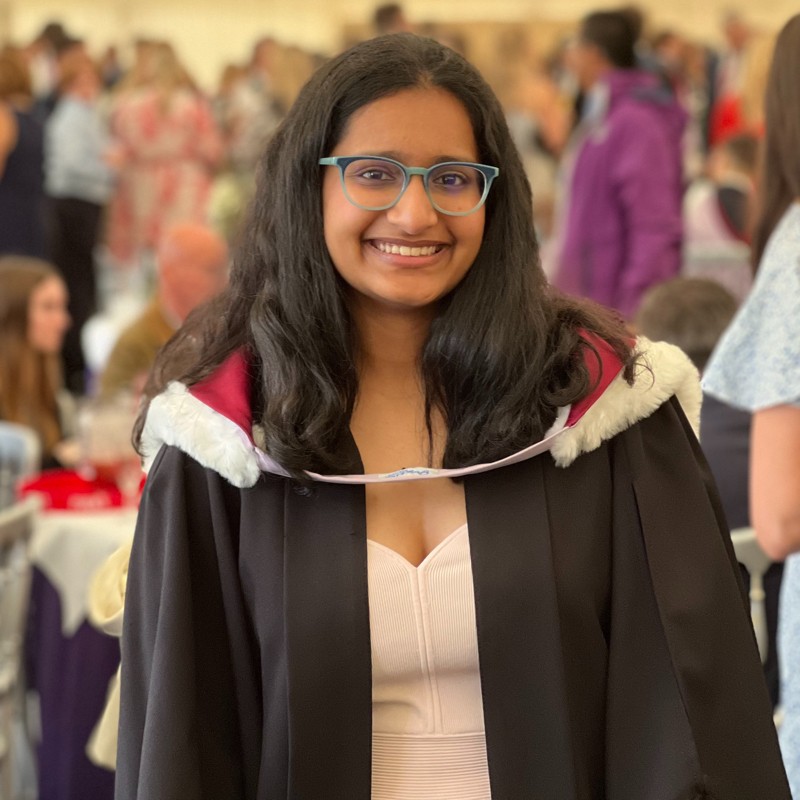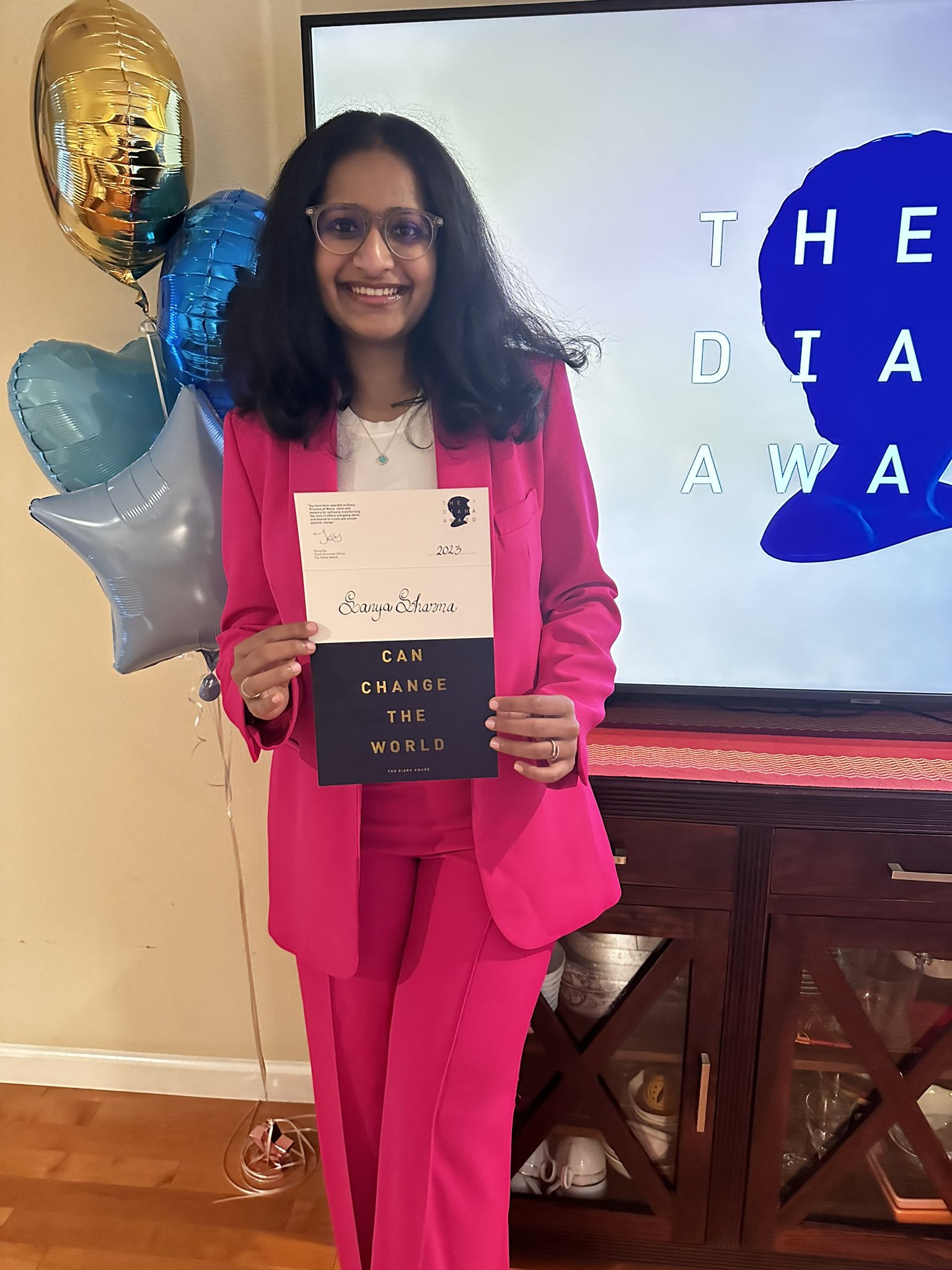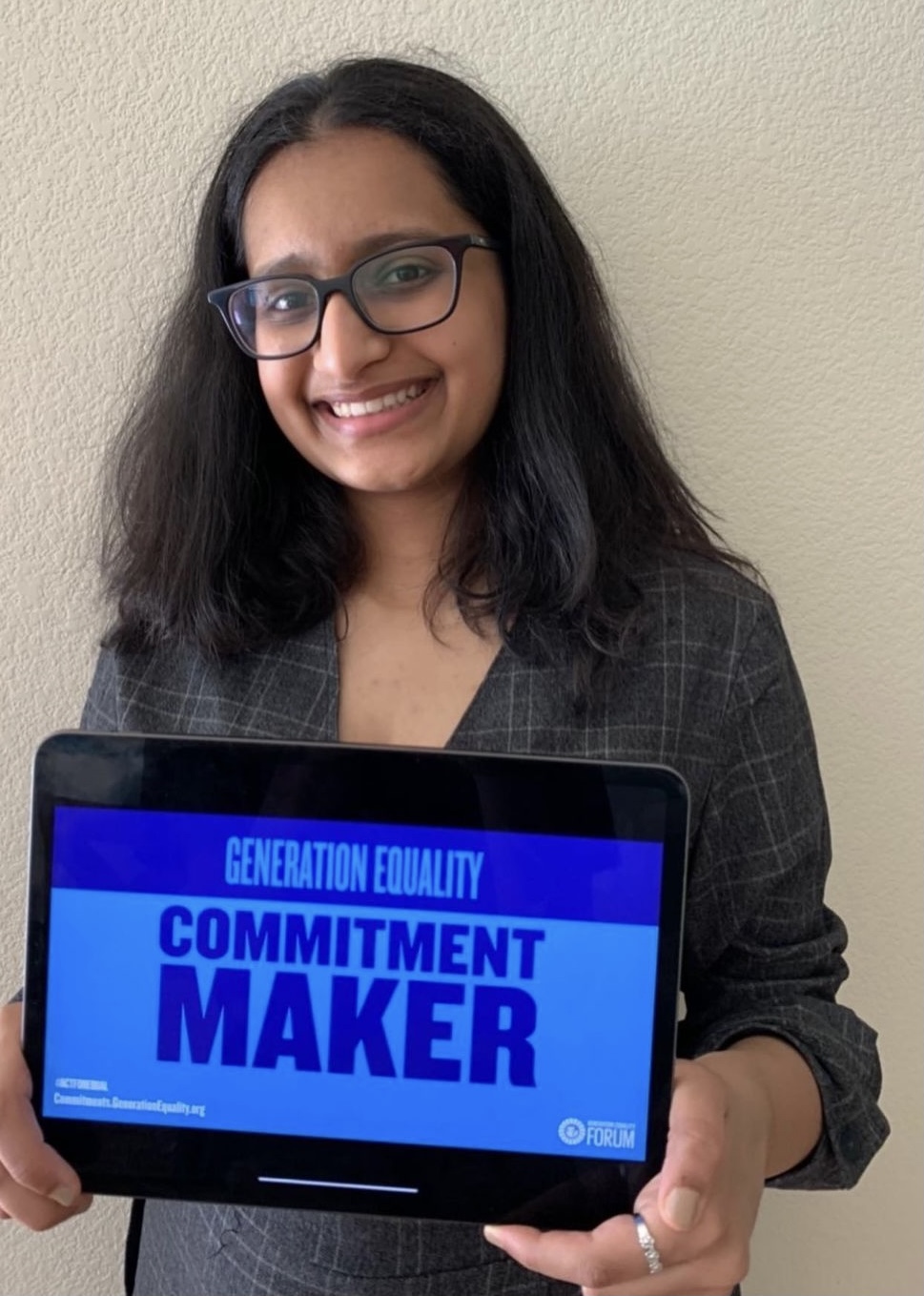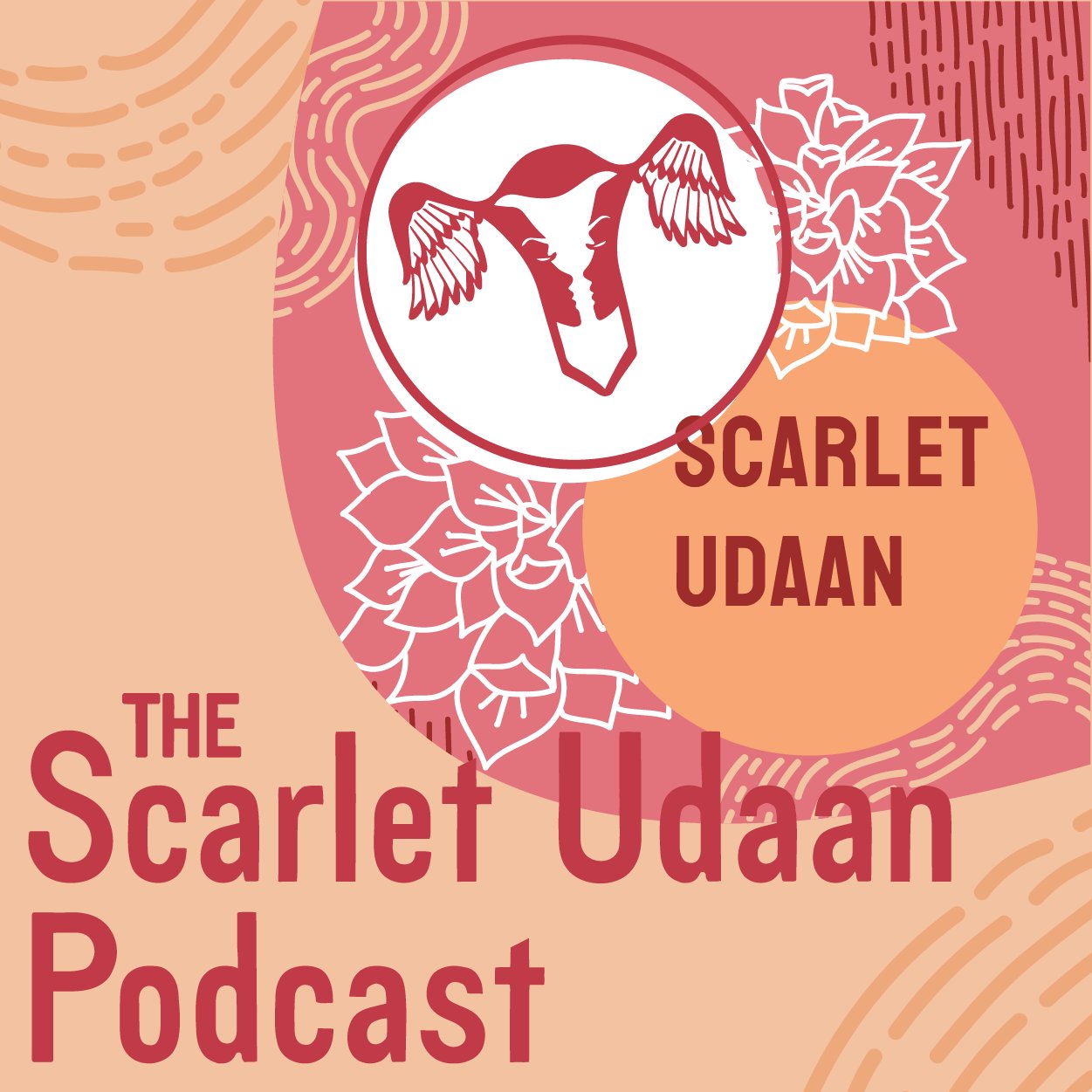(November 4, 2023) In 2019, as a part of a college project, Sanya Sharma came across several articles and studies about issues like forced marriages, honour killing, and female genital cutting. After several sleepless nights and researching extensively about these issues, the young activist decided to do something about it. “I wanted to raise awareness– I spoke to my father about starting a global youth-led organisation to do this. He said, ‘Be the change you wish to see’, she said in an interview, adding, “With his words, I founded ‘Scarlet Udaan’ and got on board eight other students from across the globe to work towards ending FGC.”

Established in July 2020, Sanya’s international youth organisation strives to promote awareness about female genital mutilation (FGC). With team members from various parts of world – including India, the UK, Indonesia, the US, and Canada – the activist wishes to bring awareness on female genital mutilation and the impact it has on the lives of females belonging to different communities all around the world. “It is estimated by the World Health Organisation that 200 million females around the world have undergone FGM. In the organisation’s name, ‘Scarlet’ stands for the strength of womanhood, and ‘Udaan’ is a Hindi word that means ‘to soar’ or ‘to fly’. It symbolises freedom and the limitless possibilities that exist for an individual,” said the 21-year-old activist, who recently won the prestigious Diana Award for her humanitarian efforts.
Digital activism
A student of Delhi Public School, Hyderabad, Sanya wasn’t just a meticulous student, but she also volunteered for various causes and organisation growing up – including the National Service Scheme and Reap Benefit. After finishing her school education, the young activist got enrolled at Durham University in the United Kingdom to pursue a bachelor’s of law. It was here that she first was introduced to the issue of female genital mutilation.


“In my first year at university, I was part of a project that worked on women’s issues,” the activist said, “This was the first time I heard about FGC and it was baffling. I had no idea what it was. I started having conversations with friends and family members about this and they had no idea either. Everyone was like ‘What is FGC?’ This just proved to me how inaccessible that information was. FGC is a major global concern. It affects 200 million people. Academia, governments, and international organisations that address the issue do not provide enough nuance, they’re disconnected. They’re also gatekept. They use language that people do not understand, so crucial information gets lost in jargon.”


And that’s where Scarlet Udaan stemmed from. While she knew she had to do something about the issue, the activist was still figuring out a way to spread the message. Speeches, meetings, and posters would have only gotten her so far, so she turned to the digital space to talk about the issue. “The digital space is accessible and really expands the possibilities of what creating change could look like. It lets us create a safe space for people having such conversations, ones that may be considered taboo, or that people do not know much about. Our team members are from eight different countries around the world. We were able to come together and work together for a common cause, which might not have been possible offline. We also have regional expertise. This creates very nuanced views of culture and tradition and the complexity of the issues we focus on. The online space has opened up a whole new realm of having access to other organizations and youth activists with similar goals,” the activist said.
Miles to go before she sleeps…
Using various social media to promote our cause, including videos and podcasts, the Global Indian has been able to reach out to a broad audience. “We have different tools at our disposal to create change, which allows us to make the information accessible to more people. We have social media posts for a quick introduction to the office, a podcast for a deep dive, detailed Zoom sessions, and live streams for more targeted information. It lets us organise creative ways to make change and have an impact,” she said.


The activist plans to take a few of the organisation’s activities offline very soon. “As a young person, getting to work with so many other young people and survivors across the world is great. But we’re all also people on the frontlines, both online and offline. Having both brings a community together and we can push for change across the world. Especially during the pandemic, when other channels are closed off,” she explained.
Currently pursuing a master’s at the Duke University School of Law in the USA, Sanya is on her way to building an organisation that can be a platform for young advocates like her to voice and spread awareness about various issues across the globe. “This will not only allow for different regional and local perspectives to be expressed but create a safe space for people to have conversations about topics that are underreported,” the activist expressed.




